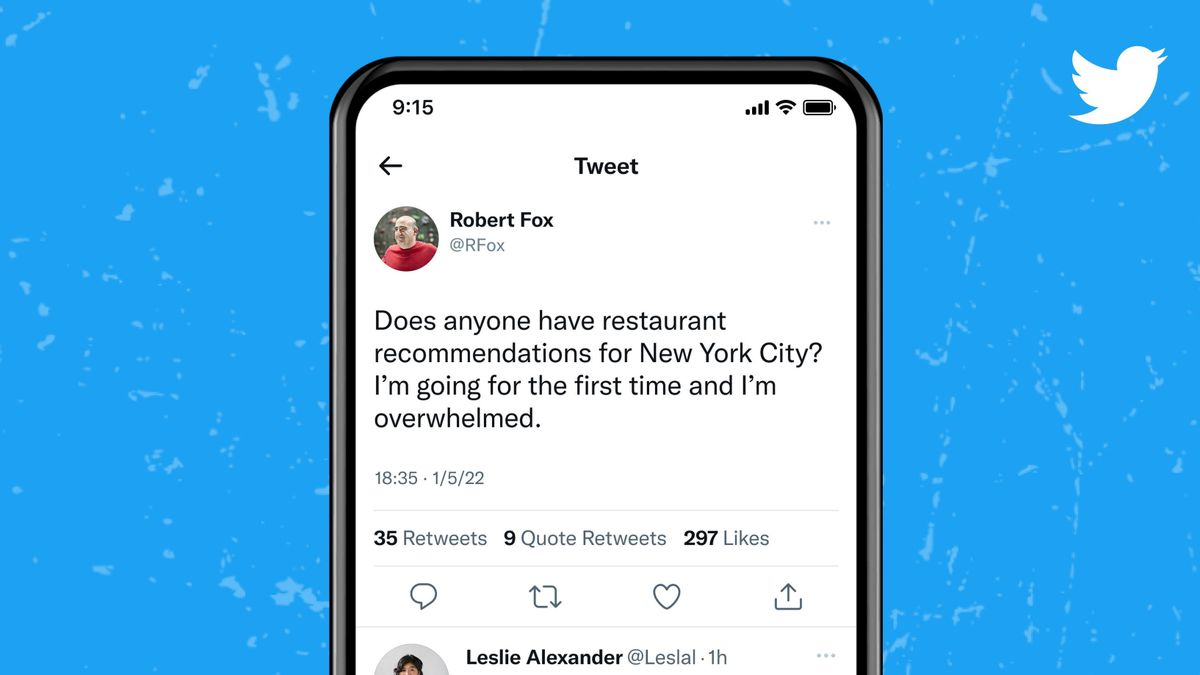JAKARTA - Twitter has again tested the downvote feature, which was previously carried out in June 2021. This time, many users globally were selected in the test.
The company says it will be expanding the feature to iOS and Android users soon. The downvote button will appear as a downward-facing arrow to the right of the heart-shaped button.
Unlike on sites like Reddit, the tally for upvotes and downvotes isn't public, but is used by Twitter behind the scenes to change the replies it displays to users.
According to the experimental results so far, Twitter has found that most users choose to downvote because they think the reply is offensive, irrelevant, or both.
"This experiment also revealed that downvoting is the most common way people flag content they don't want to see," Twitter said, as quoted by The Verge, Monday, February 7.
So far access to downvoting improves the quality of conversations on Twitter, suggesting that the feature will eventually turn into a permanent addition to the micro-blogging site.
Citing USA Today, not everyone believes the feature will be used as intended, some users pointing to the potential that mass downvoting could silence marginalized groups such as transgender people.
Others point to this new move in the platform's ongoing battle against online hate speech, which has repeatedly flared as a critique of Twitter.
Social media with the blue bird logo claims downvoting will help adjust one's timeline and avoid showing similar content in the future, although it's unclear what method will be used to do so.
Meanwhile, the like and dislike features are still there. This is a simple way for users to provide feedback about online content, but it can also be problematic.
But they can be used in targeted harassment campaigns, for example, and if they become part of Twitter's algorithm, they can be used to silence dissent.
For information, Twitter is not the only social media that has this feature, while YouTube also found dislikes so problematic that it made the vote count private in November last year.
Whereas Facebook, has experimented with downvotes, but never implemented it, the company prefers to initially only give users the option to like content before expanding the reach of reactions using emojis.
The English, Chinese, Japanese, Arabic, and French versions are automatically generated by the AI. So there may still be inaccuracies in translating, please always see Indonesian as our main language. (system supported by DigitalSiber.id)









